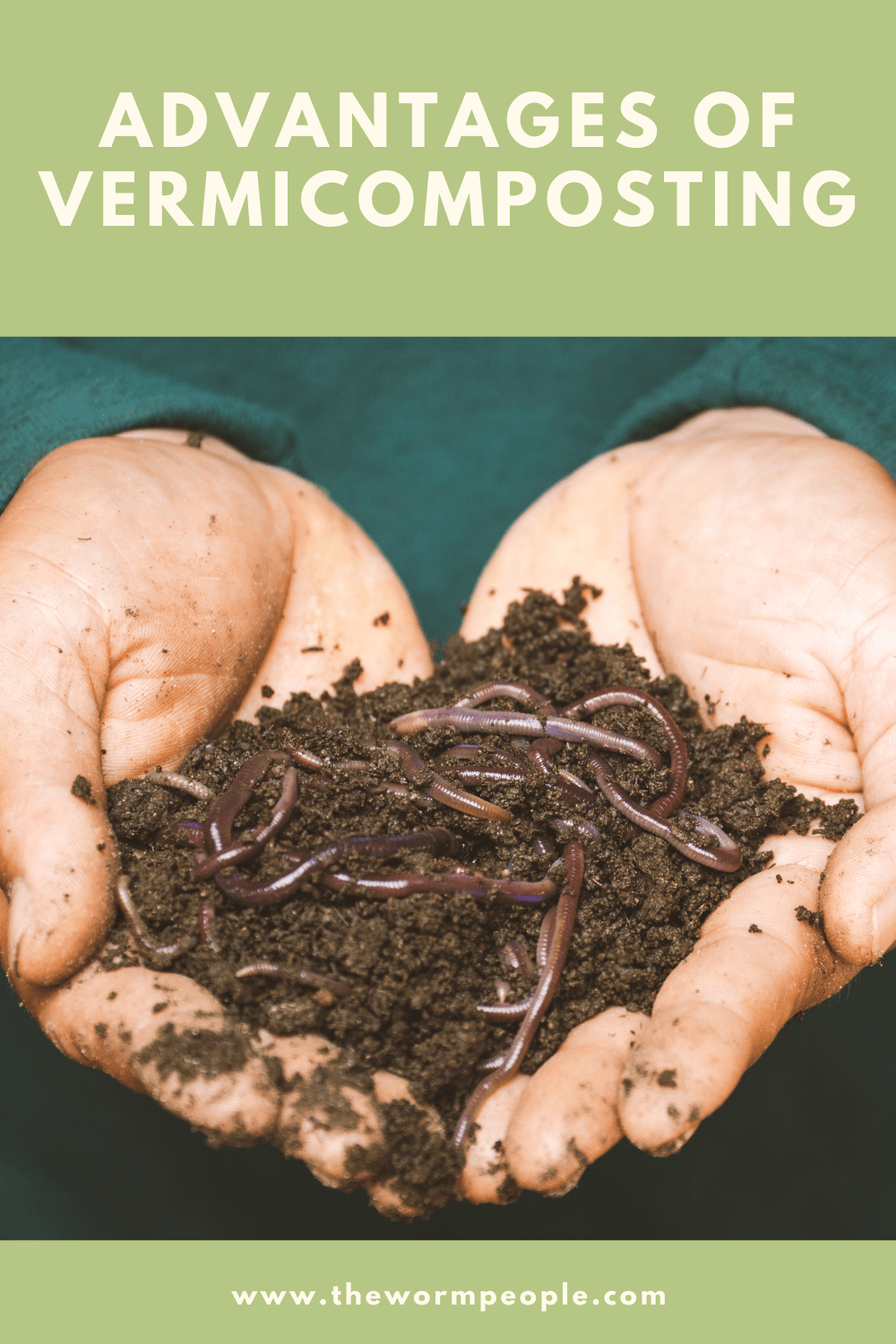
Jeffery Jago is a expert in horticulture and worm breeding. With a background in plant cultivation
Last Updated on April 24, 2021 by Jeffery Jago
Do you want to help the environment?
Vermicomposting is a process of composting that uses worms. It can be done in your own backyard, and it’s easy to get started with just a few simple supplies. You can even do it indoors if you don’t have any outdoor space! The benefits are incredible – not only does vermicomposting reduce landfill waste by turning food scraps into nutrient-rich fertilizer, but it also helps conserve water and reduces greenhouse gas emissions.
If you want to make an impact on the environment, then vermicomposting might be for you! It’s easy, affordable, and sustainable. So let’s get started together and learn the main advantages of vermicomposting, for yourself and the environment.
Diverting waste from landfills:
One of the key benefits to vermicomposting is that it helps divert organic materials away from landfills – and simply put, we’re starting to have a bit of a hard time finding places to build them. With the introduction of vermicomposting, we can divert a lot of organic materials from landfills and use them to create nutrient-rich fertilizer as the only real byproduct. Obviously, you can already see the benefits of vermicomposting from this alone.
Less space needed:
Another key benefit is that it requires less space than traditional composting methods – which means more places for people to enjoy gardening or other outdoor activities! Imagine all the green spaces you could have in your own backyard if you start vermicomposting. You’ll be helping conserve water, reduce greenhouse gas emissions (and CO₂ levels!), and help grow healthy plants with a steady supply of nutrients. So what are you waiting for? Start making an impact today.
Less labor required:
Another key benefit is that it requires less physical labour. Now you no longer have to manually turn the pile, all of your hard work is done by worms! They are so efficient they can eat three times their body weight in food daily and produce up to eight pounds (that’s a lot!) of nutrient-rich vermicompost each year – which means this method not only conserves space but time as well. It takes about twelve weeks for finished compost from traditional methods whereas with vermicomposting there’s little need for patience because once ready, it will be easier than ever before to harvest the soil for use in garden beds or pots.


